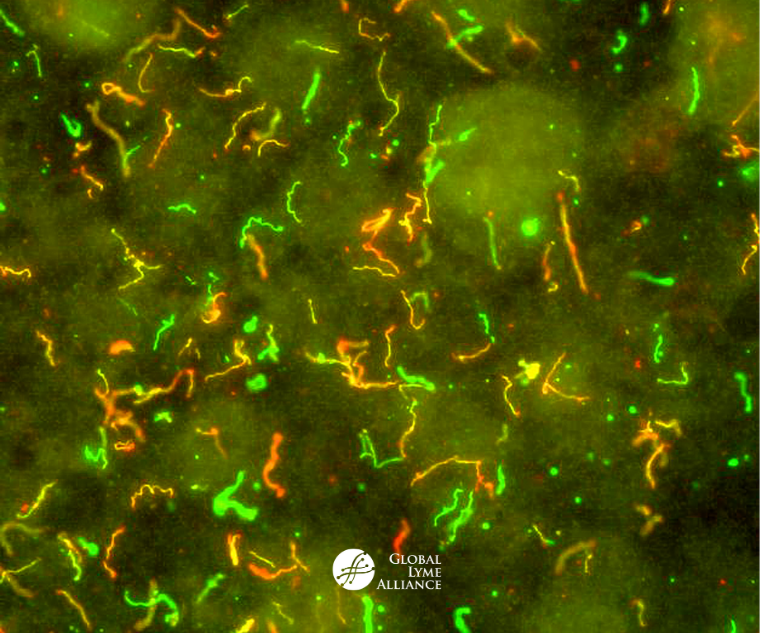
The research provides an excellent foundation for more studies, better understanding of Lyme disease and more effective therapies for patients suffering long-term.
STAMFORD, CONN - Global Lyme Alliance (GLA) is excited to announce that the scientific journal, Frontiers in Cellular and Infection Microbiology has accepted and published an article written by Global Lyme Alliance’s Chief Scientific Officer, Timothy Sellati, Ph.D., titled, Mechanisms of Dysregulated Antibody Response in Lyme Disease. The article, also written by Dana Barberio, Principal of Edge BioScience Communications, “is an important step in sharing the impact of GLA’s funded research with the broader scientific community,” said Dr. Sellati. ”We are also very excited to highlight the extensive contributions of GLA-funded investigator Nicole Baumgarth, D.V.M., Ph.D., an immunologist at the University of California-Davis, to our understanding of the antibody response in Lyme disease.” The article represents Global Lyme Alliance’s unwavering commitment to identify and fund the most innovative and promising Lyme disease research.
Lyme disease can cause long-term, debilitating symptoms that include arthritis, carditis, and neurological complications, to name a few. A longstanding question is why antibodies produced during primary infection are not able to completely clear spirochetes or contribute to protective immunity like they do with other illnesses. The article points out that antibodies can remain for years in some Lyme patients while in others, they wane over time or never develop at all. The article also highlights Dr. Baumgarth’s important research on how Borrelia burgdorferi infection in mice promotes changes to cause immune dysfunction. It is animal studies like these that reveal mechanisms behind dysregulated development of adaptive immunity and provide insights that may be relevant to human immunity to B. burgdorferi infection.
Lyme disease is the most common vector-borne illness in the U.S., and its incidence is growing rapidly. More than 427,000 people in the U.S. are newly diagnosed each year. Moreover, up to 20% of those who are diagnosed and treated early with standard-of-care antibiotics continue to suffer from a variety of symptoms. A 2019 GLA study estimated that more than two million patients could suffer from post-treatment Lyme disease by 2020. GLA is committed to better understanding treatment options to help patients.
To access the paper, click here.
For questions about GLA, call 203-969-1333 or visit GLA.org
(About GLA: Global Lyme Alliance is the leading 501(c)(3) organization dedicated to conquering Lyme and other tick-borne diseases through research, education, awareness, and patient services. GLA has gained national prominence for funding some of the most urgent and promising research in the field while expanding education and awareness programs for the general public and physicians. We support those around the globe in need of information about tick-borne diseases, finding a Lyme treating physician, and with the first Lyme-specific peer-to-peer mentor support program. Learn more at GLA.org)





-2.jpg)

